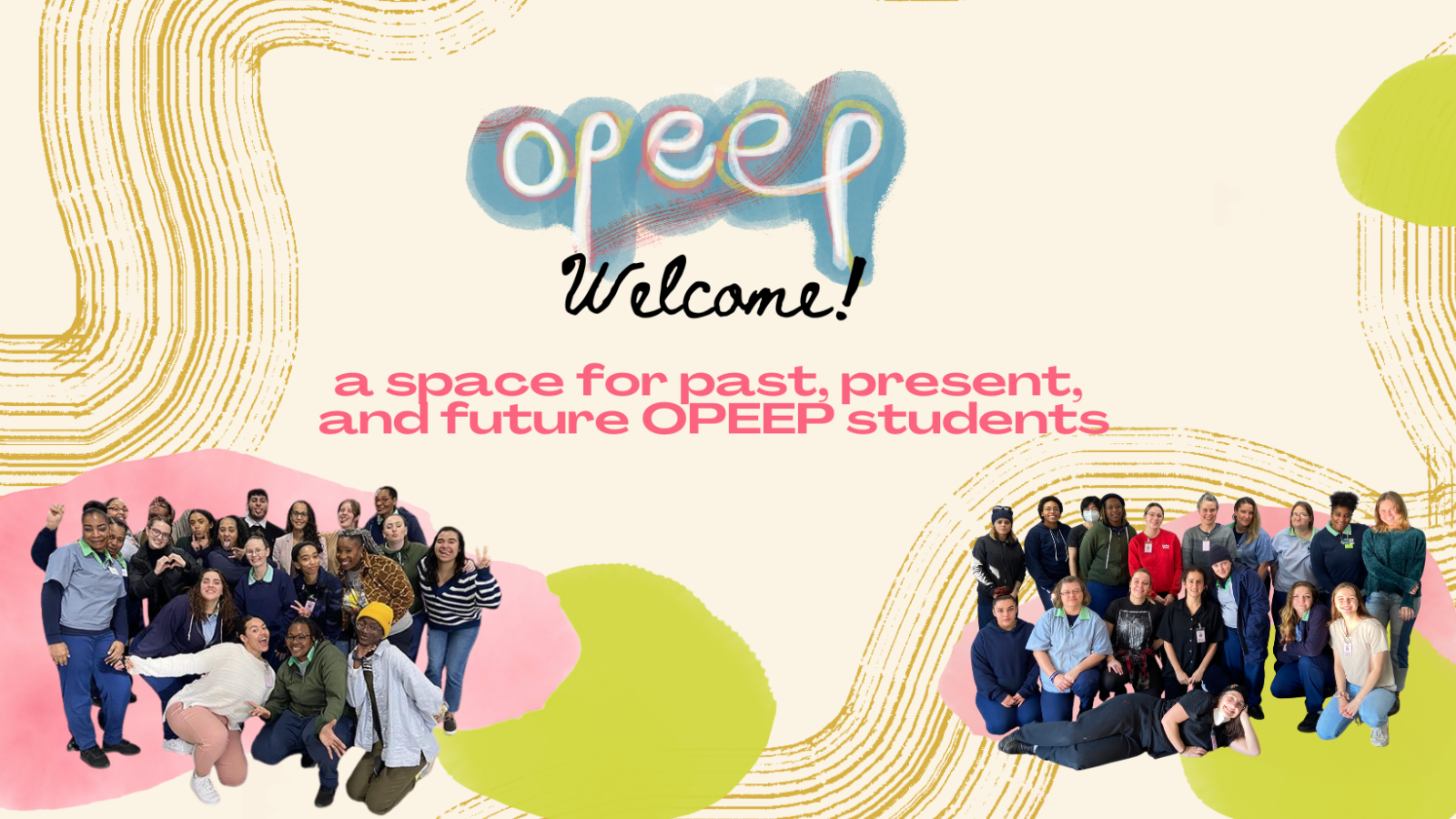Student Resources
Hello and welcome to all past, present, and future OPEEP students!
The tabs below contain helpful information and resources for all OPEEP students. If you are an OSU student interested in taking an OPEEP course, please refer to the step-by-step directions below. For details on upcoming course offerings, refer to the OPEEP Courses page.
Ready to apply for an OPEEP course? Here are your next steps:
- Complete an OPEEP application and the course instructor will contact you via e-mail.
- Schedule a meeting (zoom/in-person) with the course instructor to go over basic information & expectations.
- Once you've obtained written Instructor Permission, contact your Academic Advisor so they can officially enroll you in the course.
- Coordinate with OPEEP staff to complete required paperwork. Course instructor/OPEEP staff will provide you with specific details for completing your paperwork.
Have a question or concern not addressed on this page? Take a look at the OPEEP FAQs page or reach out to us at opeep@osu.edu!
Enrollment Guide for Prospective Students
Ready to apply for an OPEEP course?
- Student applies for the course via the online OPEEP application linked on our course page.
- Student meets with the course instructor and obtains written Instructor Permission, then shares this with their Academic Advisor so they can be officially enrolled in the course.
- Student schedules an in-person appointment with OPEEP staff to complete required paperwork.
- Student's enrollment window opens --> Academic Advisor manually enrolls them in the course!
Once a student completes the Qualtrics application, the course instructor will reach out to schedule a brief introductory/informational meeting.
What is the Pre-Enrollment Interview/Meeting and why is it required?
We understand the term "Interview" can feel intimidating, but students need not panic! These meetings are not intended to be formal interviews, per se. In these meetings, instructors will introduce themselves to students (and vice versa), discuss the student's interest in the course, and go over basic rules and expectations to make sure the course is a good fit. They also provide an opportunity to address any questions/concerns students may have before enrolling in the course. OPEEP instructors and staff are always happy to provide support, and have settled on this process for several key reasons:
- As part of OPEEP's efforts to create equitable educational experiences, both incarcerated students and campus students undergo similar application and interview processes prior to course enrollment.
- Ensuring that students are fully aware of all important requirements and guidelines, including: timely submission of required paperwork, knowledge of and adherence to OSU/OPEEP/ODRC rules, arrangement of transportation to the prison facility, as well as willingness to challenge preconceptions about currently and formerly incarcerated people.
- Written Instructor Permission is required to enroll in any OPEEP course (in part to ensure on-time submission of student paperwork to ODRC), and permission is only granted once a student has met with the instructor and both parties have agreed the course is a good fit.
Once a student has obtained written Instructor Permission, they must forward this via e-mail to their Academic Advisor who can then officially enroll them in the course (once their enrollment window has opened).
After meeting with the course instructor and obtaining permission to enroll, OPEEP staff will contact students directly to complete required paperwork for the Ohio Department of Rehabilitation and Correction (ODRC).
Once a student has obtained written Instructor Permission, shared this with their Academic Advisor, and completed required ODRC paperwork with OPEEP staff, all requirements for enrollment have been met on their end! If students have any lingering questions/concerns, they should reach out to the course instructor, their Academic Advisor, or Babette Cieskowski (cieskowski.1@osu.edu).
For a list of important dates and more general resources on undergraduate enrollment at Ohio State, visit the Registrar’s website here.
Resources for OPEEP Alumni
Finished taking an OPEEP class but want to stay in touch/up-to-date on the project? Here are some ways to stay in the loop:
- Follow us on social media!
- Follow OPEEP Instagram's page (@OPEEP_OSU) for updates on campus involvement, event participation, spotlights on staff, faculty & students, details on upcoming course offerings, activism & community outreach, and more!
- Like and follow OPEEP's Facebook page!
- Sign up for the OPEEP e-mail listserv to receive periodic updates on the project here.
- Read the OPEEP Newsletter posted HERE on our website (also under "Engage" tab on this website).
Have a more specific question/idea about involvement or outreach with OPEEP? Feel free to e-mail OPEEP's Education Program Senior Specialist Babette Cieskowski
The Formerly Incarcerated College Graduates Network (FICGN) is a network of college graduates who have been to prison. It includes people from various educational backgrounds (AA to JD/Ph.D./EdD) and career paths. The network aims to build collective power through professional development, networking, sharing opportunities, and highlighting accomplishments as well as offering general academic and career support. Members connect and share stories privately and publicly to change the social narrative surrounding incarceration, lessen stigma, and create hope for those reentering. FICGN also works to promote public policies that aim to lessen the many lifelong burdens faced by those with felony backgrounds.
*More resources specifically for formerly incarcerated OPEEP students will appear here soon!

